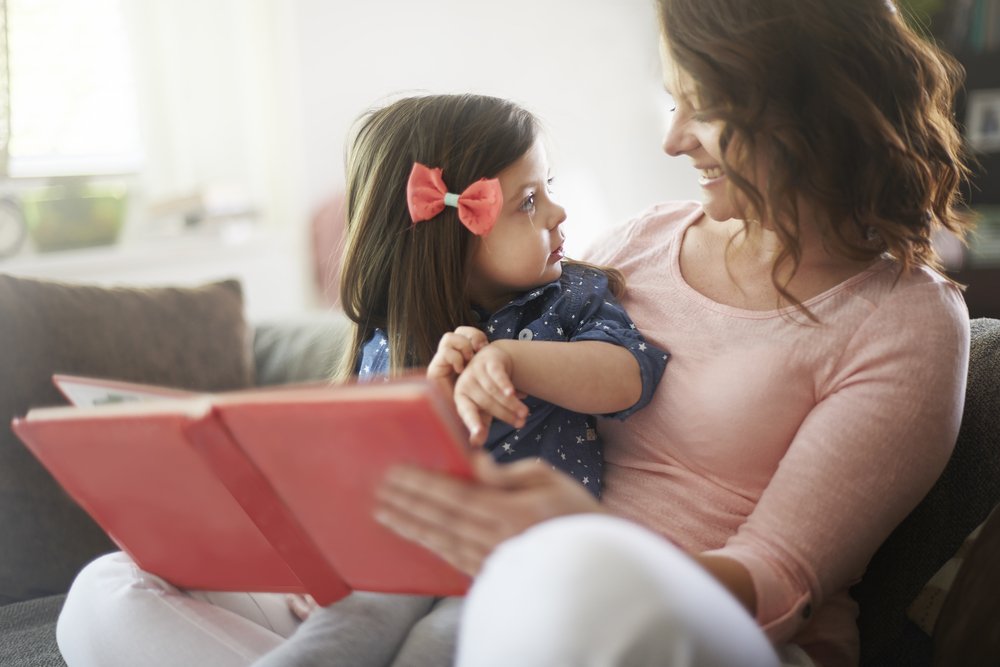Key points:
- Meaningful conversations involve a back and forth exchange between two or more people.
- Having meaningful conversations with your child builds their confidence and self-esteem, and improves their communication and language skills.
- Tips for having meaningful conversations with your child include finding distraction-free time, being patient, having special conversation times, and asking open-ended questions.
- It’s important to respect your child’s thoughts and feelings, and to keep an eye on their body language and facial expressions to better understand what they are saying.
You talk to your child every day; some would say all day! But how much of that talk makes up meaningful conversations? A conversation is a back and forth exchange between two or more people. Your little one says something and first you listen. Then, you respond while they listen. You give them time to respond and so on and so forth in a serve and return pattern. Conversations can be about anything at all –from their favorite character to your plans for the weekend. The important thing is to talk with your child, and not just at them.
Having meaningful conversations with your child will build their confidence and self-esteem, because they’ll learn that you care about them and are interested in their thoughts and feelings. They’ll also learn to become an effective communicator while building their vocabulary and language skills. Here are a few tips to get those conversations going:
- Find time to talk to your child without any distractions around (cellphone included!). Give them your undivided attention.
- If you are in the middle of something and your little one wants your attention, try and stop what you’re doing to listen. A few minutes of your full attention will go a long way.
- Be patient. Give them time to respond. A quiet pause will give them time to organize their thoughts and get back to you.
- Have a special time during the day when you talk in a meaningful way and are conscious about it. Talking about your day can become a part of your bedtime routine, for example.
- Keep an eye on your child’s body language and facial expressions to really comprehend what they are trying to say.
- Respect their thoughts and feelings. Regardless if you think they are right or wrong, listen and respond letting them know you hear them.
- Ask open-ended questions that require more than a simple yes or no answer, and do the same with your responses, practice saying more than that yourself!








